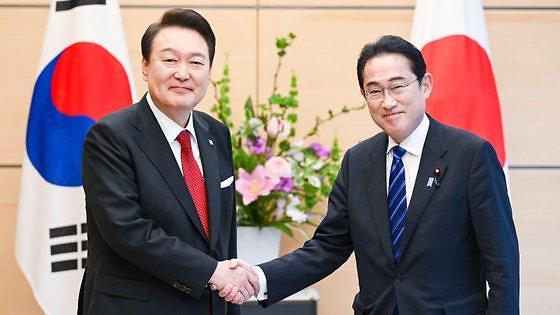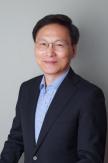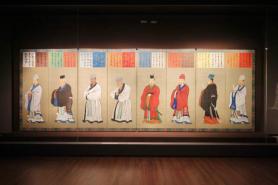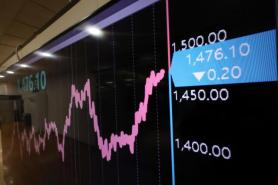
[Yonhap News Photo]
"I am happy that shuttle diplomacy has started in a decisive manner," the Japanese leader said, adding that dialogues have been moving dynamically in less than two months of the March meeting in Tokyo. Prior to Kishida's visit in Seoul, the two leaders had already reached a consensus on resuming "shuttle diplomacy," a diplomatic action in which international leaders frequently visit each other's country to strengthen diplomatic relations, at the summit meeting in Japan.
The two leaders also reached an agreement that security cooperation between South Korea, the U.S., and Japan is crucial in response to North Korea's nuclear threat. The two countries aim to cooperate in various science and technology related sectors. In regards to the contaminated water issue in Fukushima, the zero ground of Japan's 2011 nuclear disaster, South Korean experts will be sent to the region to carry out an inspection project.
Kishida said he personally feels heartbroken for Korean victims of forced labor during the Japanese colonial rule era (1910~1945). Since the liberation after World War II, South Koreans have demanded a sincere apology and rightful compensation from the Japanese government.
At the Seoul meeting, President Yoon Suk-yeol also highlighted cooperation between the two nations, saying that it is essential for the world's peace and prosperity. Yoon said: "I hope the prime minister's visit will become a helpful step for the future cooperation between South Korea and Japan."
The event took place at Yoon's presidential office on May 7. Ahead of the summit meeting, the Japanese prime minister visited the National Cemetery in Seoul with his wife Yuko Kishida.
Copyright ⓒ Aju Press All rights reserved.




